Question And Answer
Publications
Articles, publications, books, tools and multimedia features from the U.S. Institute of Peace provide the latest news, analysis, research findings, practitioner guides and reports, all related to the conflict zones and issues that are at the center of the Institute’s work to prevent and reduce violent conflict.
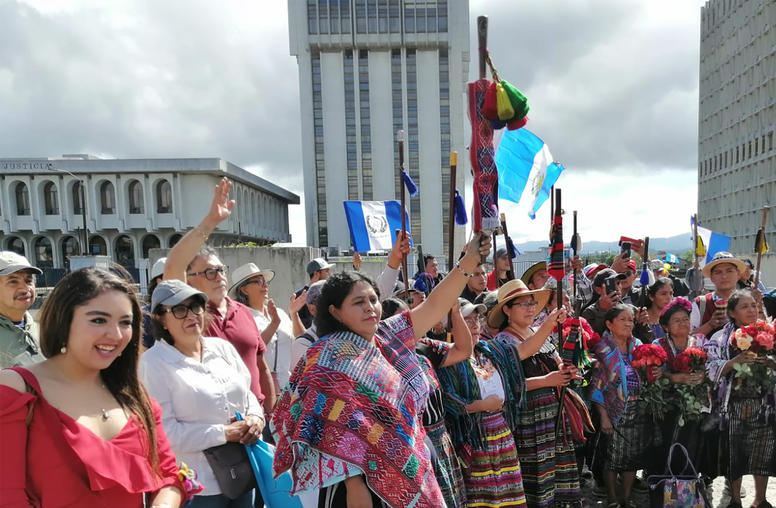
Guatemala: Líderes Indígenas Encabezan Campaña por la Democracia a Nivel Nacional
Cuando el candidato anticorrupción Bernardo Arévalo ganó en agosto la presidencia de Guatemala, sus seguidores urbanos salieron a las calles en jubilo. Dos meses después, todavía siguen allí, pero no celebrando, sino protestando en contra de los ataques de la fiscal general guatemalteca hacia la elección de Arévalo. Este mes, las manifestaciones se propagaron a nivel nacional al convocar las autoridades indígenas a una huelga exigiendo la renuncia de la fiscal. El liderazgo de las protestas por parte de los pueblos indígenas marginados de Guatemala conlleva tanto peligro como promesa. La inestabilidad en las regiones rurales empobrecidas podría provocar olas adicionales de migrantes hacia la frontera de Estados Unidos.
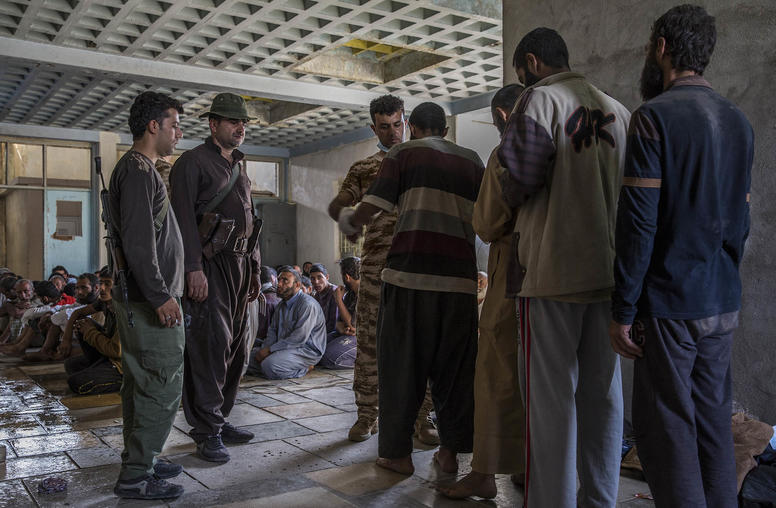
RISE Action Guide: A New Approach for Disengagement from Violent Extremism
On November 17, USIP will launch the Rehabilitation and (Re)integration through Individual, Social and Structural Engagement (RISE) Action Guide. The guide provides a peacebuilding framework to help local stakeholders, policymakers and program funders and implementers support people who are disengaging from extremist violence to reintegrate and reconcile with their local communities. RISE is also focused on supporting the recovery and well-being of affected people and communities.
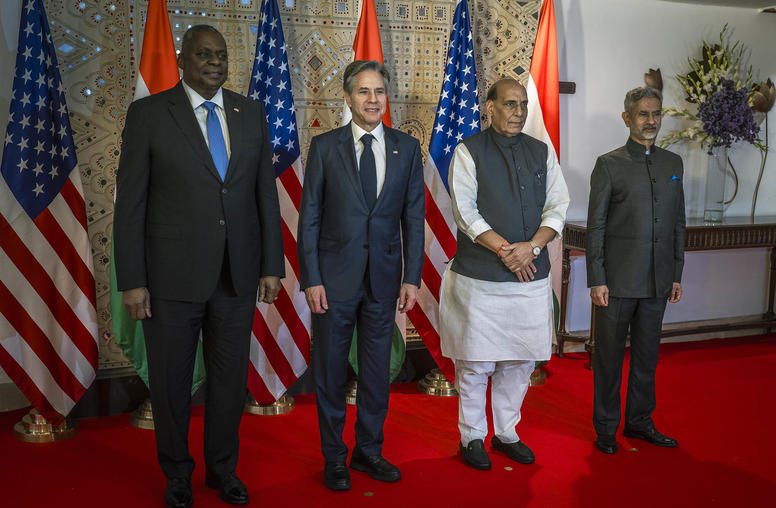
Ahead of Biden-Xi Meeting, U.S. Administration Keeps Focus on the Indo-Pacific
With the world’s attention on the Middle East, U.S. leaders highlighted a continued focus on the Indo-Pacific over the last two weeks heading into the Asia-Pacific Economic Cooperation (APEC) summit in San Francisco.
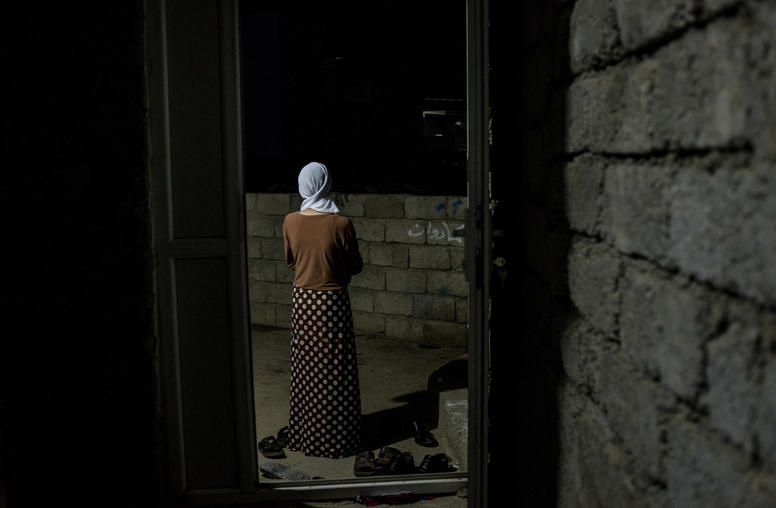
Five Gains and Gaps in the Campaign to End Conflict-Related Sexual Violence
The wars of the 1990s — particularly in the former Yugoslavia, Rwanda, Sierra Leone and the Democratic Republic of the Congo (DRC) — saw the devastating use of sexual violence not only by individual subordinate soldiers, but as deliberate tactics of war by state and non-state armed actors. In response, a wave of strong advocacy from women’s civil society organizations called for an end to these acts of violence, and their vision was eventually incorporated into U.N. Security Council Resolution (UNSCR) 1325 and what is now known as the Women, Peace and Security (WPS) agenda in 2000.
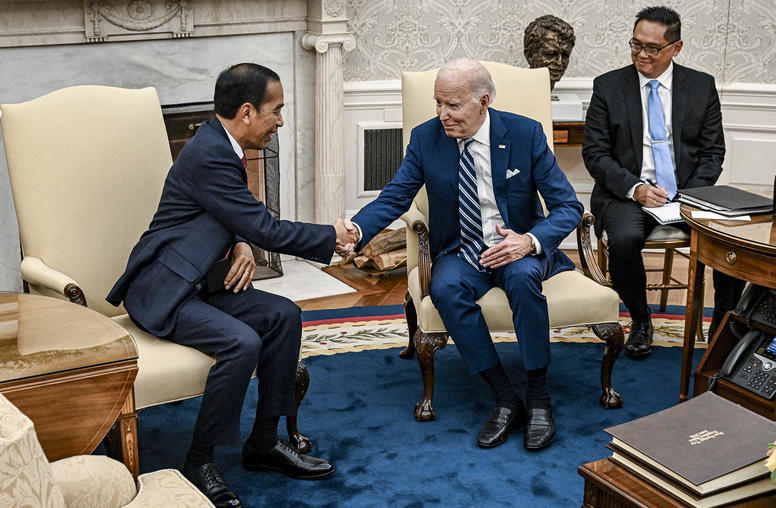
Indonesia and the U.S. Strengthen Ties under Cloud of Gaza War
U.S. President Joe Biden and Indonesian President Joko Widodo announced a new comprehensive strategic partnership when the two leaders met at the White House on November 13. The Indonesian leader, popularly known as Jokowi, said he hoped the partnership will “contribute to regional and global peace and prosperity.” The White House meeting took place ahead of Biden’s highly anticipated meeting with Chinese President Xi Jinping on the sidelines of the Asia-Pacific Economic Cooperation summit in San Francisco on November 15. However, Jokowi’s call for the United States to do more to end the war in the Gaza Strip dominated the headlines coming out of the meeting.
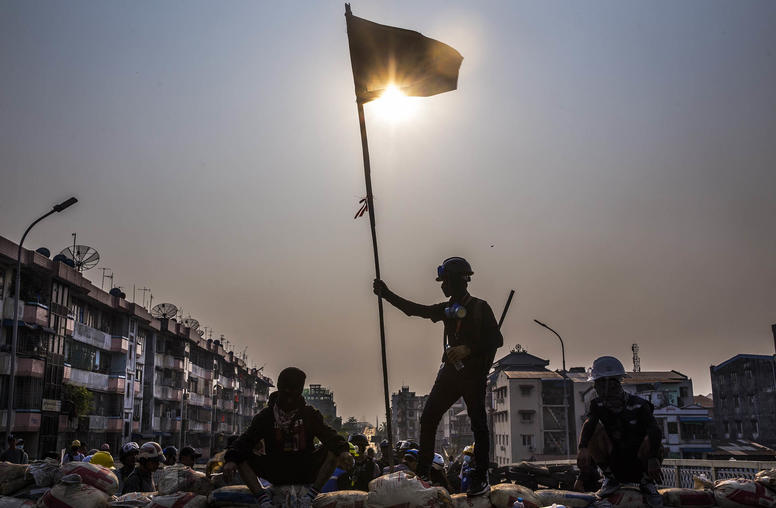
We Shouldn’t Fear a Resistance Victory in Myanmar
As the national uprising against Myanmar’s coup regime has gained strength, a singular question has hovered over the widening campaign: If this patchwork of ethnic armed groups, deposed elected leaders, activists and armed defense forces manages to topple the junta, would they be able to govern, or would the country descend into greater chaos?
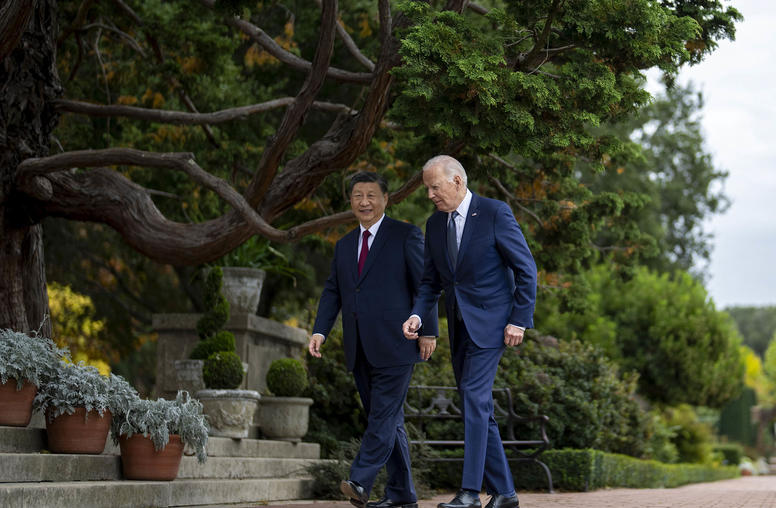
Biden and Xi at APEC: Averting Further Crisis in U.S.-China Relations
President Joe Biden and Chinese leader Xi Jinping spoke for several hours on the sidelines of the Asia-Pacific Economic Cooperation (APEC) Summit this week in San Francisco. After several years of deteriorating relations — and frozen communication — between Washington and Beijing, Biden characterized the talks as the “most constructive and productive” since he came to office. But the increasing strategic competition between the two powers leaves major issues still to be addressed, such as China’s aggression in the South China Sea and Taiwan Strait, BRICS expansion, nuclear security, and the wars in Ukraine and the Middle East.

La guerra entre Israel y Hamas divide a América Latina a través de líneas partidistas
A medida que aumentan las bajas civiles en el conflicto entre Israel y Hamás, muchos líderes latinoamericanos están intensificando sus críticas al gobierno israelí. Bolivia recientemente se convirtió en el primer país en romper relaciones con Israel; Chile, Colombia y Honduras llamaron a sus embajadores para consultas; y diplomáticos de Argentina, Brasil y México han condenado a Israel por su violencia, exigiendo un cese inmediato de las hostilidades.
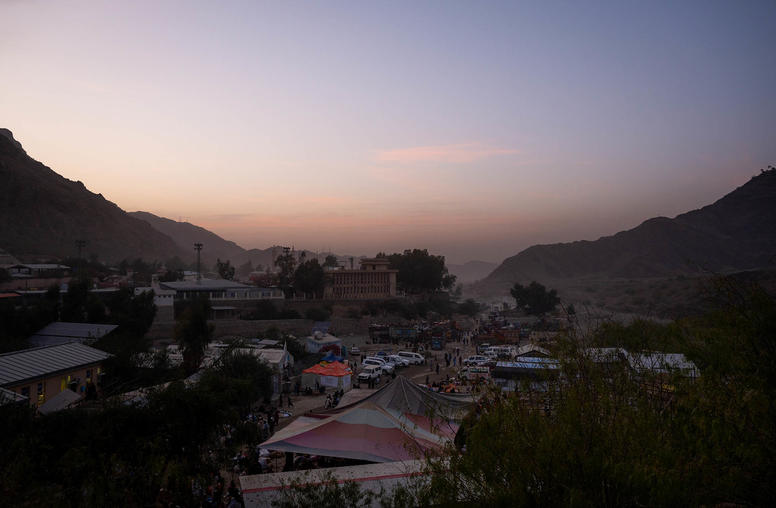
In a Major Rift, Pakistan Ramps Up Pressure on the Taliban
On November 8, in an unprecedented press conference, Pakistan’s caretaker Prime Minister Anwar ul-Haq Kakar offered a blistering critique of the Taliban regime in Afghanistan. He announced that the Taliban leadership was supporting the anti-Pakistan insurgency of the Tehreek-e-Taliban Pakistan (TTP) and that had contributed to a major increase in violence in Pakistan — leading to 2,867 Pakistani fatalities since the Taliban’s takeover of Afghanistan in August 2021.
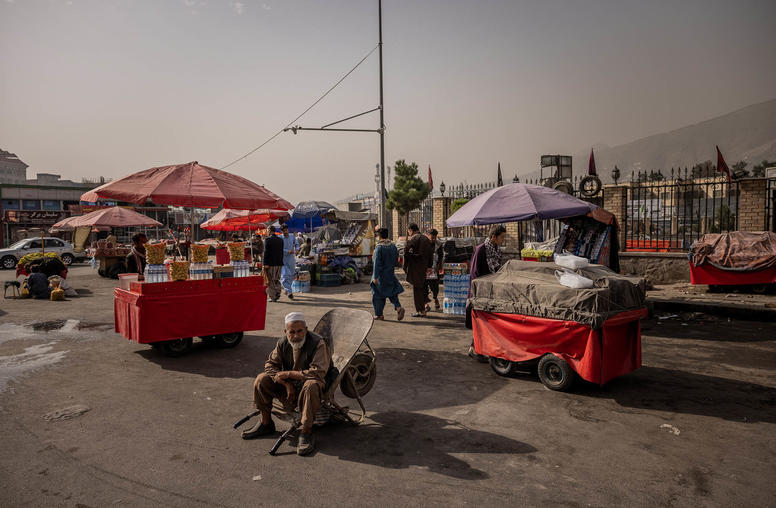
Afghanistan’s Economy Once Again Nears the Precipice
More than two years into Taliban rule, Afghanistan remains one of the poorest countries in the world with some of the highest humanitarian needs. The situation has shown some signs of stabilizing over the last year — but many Afghan households are still struggling to procure basic needs, and many women have been driven from the workforce altogether. Unfortunately, financial troubles loom ahead, and the already beleaguered Afghan economy is now projected to decline. Combined with population growth and the influx of thousands of Afghans forced to return from neighboring Pakistan, this is a recipe for increased humanitarian need over the longer term in the absence of major structural and political reforms.